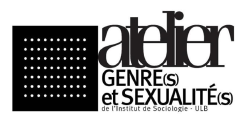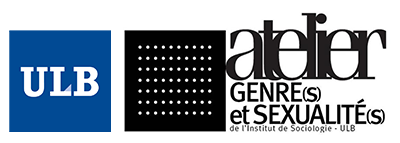Dans la même rubrique
- AGS
- FR
- Le Centre
- Archives de l'Atelier
- 2016
-
Partager cette page
When States Come Out: Europe’s Sexual Minorities and the Politics of Visibility
8 décembre

Phillip M. Ayoub
(Drexel University) MSH Guest Professor
Salle Henri Janne (15ème étage), Institut de Sociologie, Bâtiment S
Avenue Jeanne, 44, 1050 Bruxelles
Abstract
In the last two decades, the LGBT movement has gained momentum that is arguably unprecedented in speed and suddenness when compared to other human rights movements. This paper, which is based on a recent book, investigates the recent history of this transnational movement in Europe, focusing on the diffusion of the norms it champions and the overarching question of why, despite similar international pressures, the trajectories of socio-legal recognition for LGBT minorities are so different across states. The book makes the case that a politics of visibility has engendered the interactions between movements and states that empower marginalized people - mobilizing actors to demand change, influencing the spread of new legal standards, and weaving new ideas into the fabrics of societies. It documents how this process of ‘coming out’ empowers marginalized social groups by moving them to the center of political debate and public recognition and making it possible for them to obtain rights to which they have due claim.
Biographie
Phillip M. Ayoub is an assistant professor of politics at Drexel University. He is the author of When States Come Out: Europe’s Sexual Minorities and the Politics of Visibility (Cambridge University Press, 2016) and has edited with David Paternotte LGBT Activism and the Making of Europe: A Rainbow Europe (Palgrave, 2014). Other publications have appeared or are forthcoming in Comparative Political Studies, the European Journal of International Relations, the European Political Science Review, the Journal of Human Rights, Mobilization and Perspectives on Europe.
